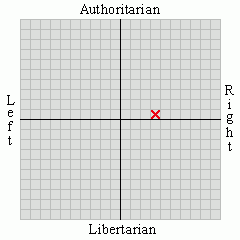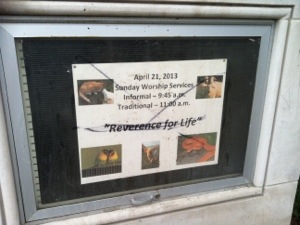I have a relationship with Christ.
And my boss.
And my landlord.
And my president.
And Satan.
All are "relationships" so they're all equal. (We'll most likely agree that's incorrect.)
My point is that the word "relationship" is meaningless unless you know what the relationship is defined by.
My relationship with my boss is defined by my contract.
My landlord...my rental agreement
My president...the Constitution.
My relationship with Christ is defined by the Christian religion.
Religion (Merriam-Webster, in part)
the service and worship of God or the supernatural
I serve and worship God. This is a good thing.
a personal set or institutionalized system of religious attitudes, beliefs, and practices
Attitudes and beliefs:
Belief in God (there is no such thing as an atheistic Christian)
Belief in Christ’s deity and humanity (1 John 4:2-3; Rom. 10:9)
Belief that you are a sinner in need of God’s mercy (1 John 1:10)
Belief that Christ died on the cross and rose bodily from the grave for our sins (1 Cor 15:3-4)
Belief that faith in Christ is necessary (John 3:16)
And practices
Communion
Baptism
Corporate worship
This, in part, defines my "relationship" with Christ.
He's not my landlord, He is my GOD.
I cannot reject "religion" without rejecting all He has done.
Lactantius, in his "Divine Institutes" (IV, xxviii.) wrote, "We are tied to God and bound to Him [religati] by the bond of piety..."
Augustine, in his treatise "On the True Religion", says: "Religion binds us [religat] to the one Almighty God"
And we turn to Scripture:
Religion that is pure and undefiled before God, the Father, is this: to visit orphans and widows in their affliction, and to keep oneself unstained from the world
This is what you deny, when you deny "religion."
If you still want to reject "religion," then reject our shared beliefs, our shared practices, reject worship and service of God, reject being bound to Him.
(By the way, this "religion" also defines my relationship with Satan. I was his...now I am not. He s my enemy and he is defeated by Christ.)


